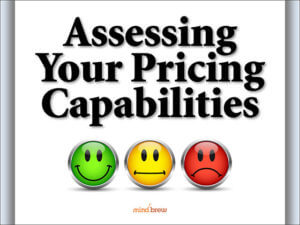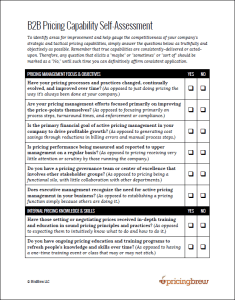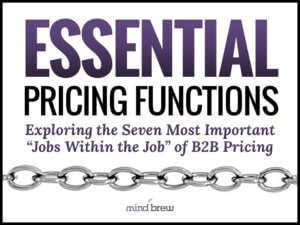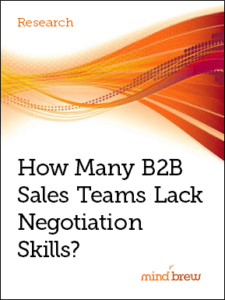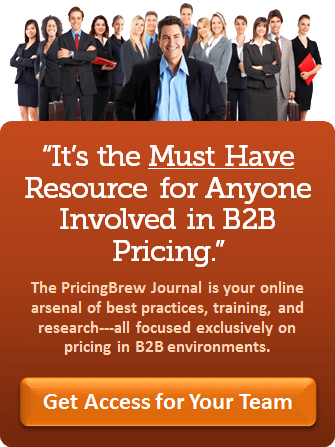When it comes to conversations with management, pricing teams often find themselves between a rock and a hard place. On the one hand, they want to convince the executives that pricing is really important and that the company really needs to prioritize it.
On the other hand, pricing groups sometimes find that they do such a good job talking about the need to improve pricing that management gets spooked. And rather than turn to the experts they have already hired to handle these issues — the pricing team — management decides to bring in a third-party group to benchmark the function and tell pricing how to do its job better. It turns into a real-life example of the saying, “No prophet is accepted in his hometown.”
So what can pricing do to avoid being blindsided in this way?
We usually recommend getting ahead of the issue by doing your own benchmark study and issuing the company a report card on its pricing capabilities.
We know, we know. The report card idea sounds gimmicky. But believe it or not, the world’s largest consulting companies — experts who get paid hundreds of thousands of dollars to tell executives how to run their businesses better — use this technique to get their ideas across.
The idea is pretty simple. In one column you detail the best practice for a particular pricing activity. In the second column, you highlight what the company is currently doing. And in the third column, you give yourselves a grade. Your final product will look a little something like this:
 No one wants to get bad grades. And for executives, getting failing marks — or even Bs and Cs — might be the incentive they need to give pricing the authority to make necessary changes in company practices.
No one wants to get bad grades. And for executives, getting failing marks — or even Bs and Cs — might be the incentive they need to give pricing the authority to make necessary changes in company practices.
At this point, you’re probably thinking, “That report card’s all well and good, but how do I know what industry best practices are or how my company measures up?”
And, of course, we have an answer.
PricingBrew has a couple of resources to help you. The first is the Assessing Your Pricing Capabilities webinar. It offers an overview of the areas you need to consider and the attitude you need to have when conducting your assessment.
After that, check out the Pricing Capability Self-Assessment. It’s a pre-made checklist that details pricing best practices, and it’s perfect for evaluating how your current abilities, processes, and practices compare to the best in the business.
We can’t guarantee that this report card approach will suddenly turn your bosses into wise and reasonable people who always make the best decisions. But this technique is one of the best we’ve seen for convincing management that they need to make some changes with regards to pricing and that the pricing team is just the group to do it.

